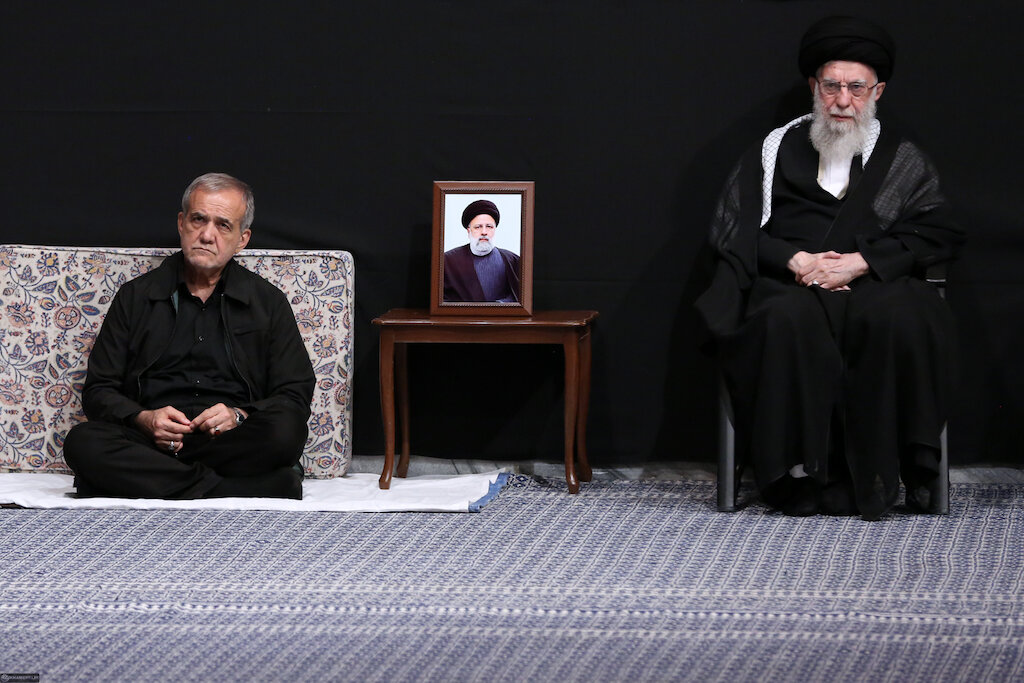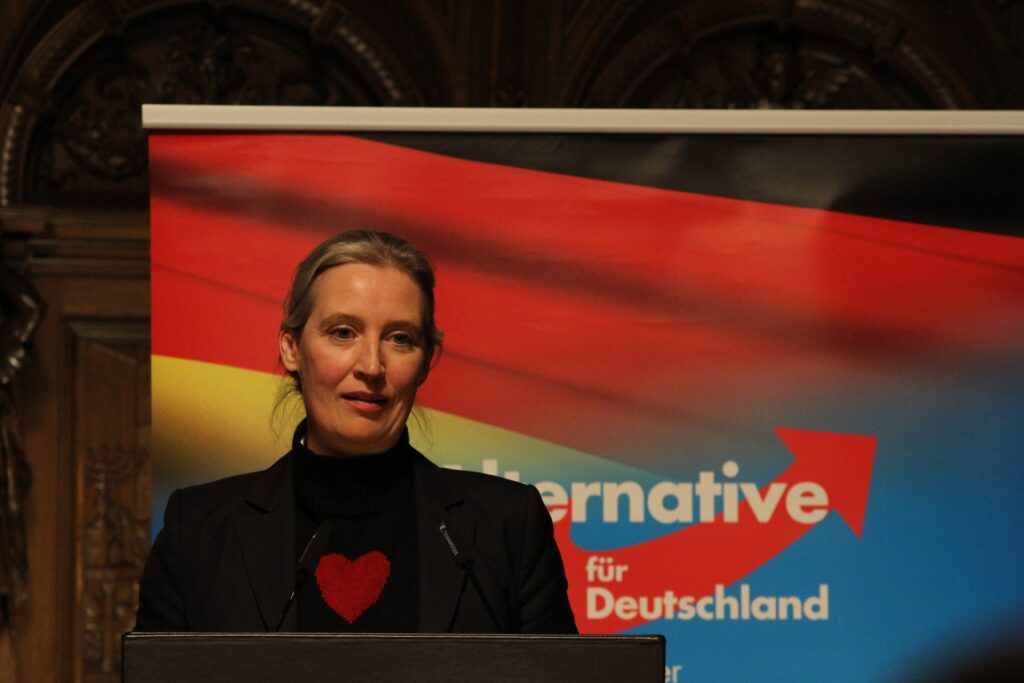UPDATES
Palestinian prisoners and the betrayal of the Human Rights regime
June 26, 2013 | Or Avi Guy

Or Avi-Guy
On May 27, during the 23rd session of the Un Human Rights Council in Geneva, UN High Commissioner for Human Rights Navi Pillay delivered her opening statement. She started by stating her “utter dismay” in face of the atrocities and human rights violations of the raging civil war in Syria, which she described as “an intolerable affront to the human conscience.”
She emphasised the “flagrant disregard of international law and human life on every side.” On every side – meaning both the brutal Assad regime and the anti-government groups increasingly dominated by Sunni Islamist extremists. Pillay therefore showed that, at least in regards to Syria, she could be even-handed, balanced, rigorous and attempt to look at a complex situation objectively. She was able to look at the faults in the behaviour and conduct of both sides according to universal norms set out in the international treaties which are the basis of international human rights law.
Too bad these skills were not in evidence with regard to all states, as was evident in the next part of her speech, in which she discussed other pressing human rights crises.
Among the troubled regions plagued by conflict and large-scale violations of human rights she listed were Myanmar, Iraq, Mali, South Sudan, the Central African Republic and, predictably – Israel. It seems that no speech before the Human Rights Council would be complete without mentioning Israel. And what are the so-called atrocities that are taking place in Israel that merit its inclusion in Pillay’s human rights “hit chart”? Here’s what she said:
“I regret that serious violations of Palestinians’ rights continue. I remain deeply concerned by the widespread detention of Palestinians – nearly 5,000 of whom are currently detained by Israel, many without charges.”
That’s right, according to UN High Commissioner for Human Rights and the UN Human Rights Council, one of the greatest human right problems in the world is that Israel detains Palestinian prisoners. This is sadly less than unsurprising in the UN system (for more on the bias against Israel, see AIJAC’s recent blog post about UN Human Rights Council Special Rapporteur Richard Falk), but it actually greatly undermines the cause of promoting human rights, tackling true humanitarian crises and demanding accountability for human rights violations.
A cursory examination of some basic facts makes this clear. When Pillay talks about “detention of Palestinians”, who are these “detainees” who number “nearly 5000”? According to the most recent figures published by Israeli Human Rights NGO B’tselem (based on data from the Israeli Defense Forces and Prison Services), there were 4,748 Palestinian security detainees and prisoners in April 2013, out of whom 3,188 are serving their sentence after being convicted, in many cases, of security and terrorism offences. This means that the vast majority of “detainees” Pillay was referring to are, in fact, prisoners who were charged, faced trial, and were found guilty of terrorism and security crimes. Others were tried and sentenced for ordinary criminal activity, such as car theft. (More on the crimes of some of the most prominent Palestinian prisoners was described in a blog post by Ahron Shapiro in March.)
Another 1,216 Palestinians are detained until the conclusion of the legal proceedings. This means that they were charged, are facing trial, and were found by a court to be a potential danger, so they are being held in custody until a verdict is given in their case.
Where is the supposed “violation of Palestinian rights” here? Putting convicted terrorists, including those who murdered civilians in cold blood, behind bars, after due process? Aren’t terrorists who target civilians violating human rights themselves? Apparently not, according to the UN.
It appears that, according to Pillay, if Israel catches a Palestinian committing or planning a terrorist act, it should simply let them go or else be ipso facto guilty of “violation of Palestinians’ rights.” There’s a sustainable and objective model of human rights – terrorists should be free to murder without fear of legal sanction, or at least free to do so as long as they are Palestinians and their victims are Israelis.
But what about all these detainees held “without charges” that Pillay is talking about?
There were, as of April,189 detainees held by Israel in earlier stages of the legal process (that is not yet formally charged but expected to be), and 155 administrative detainees (down from 305 in April 2012). The latter are detained only after a judge reviews the evidence against them showing they are an immediate danger to the community and orders detention for a limited period of up to 6 months. Administrative detainees have the right to appeal the judge’s ruling and often do. Numerous countries around the world – including many democracies – have similar laws to deal with direct and immediate threats to public safety where the sources of the information about such threats cannot be revealed in an open courtroom. Further, as noted, Israel’s use of administrative detention has declined sharply over the past year or two.
Nor are there credible claims that Israel is mistreating prisoners detained by its judicial system. Israel’s prisons are monitored by the International Committee of the Red Cross and a US State Department Human Rights report found that Israeli prisons meet all relevant international standards.
Indeed, the conditions in Israeli prisons are so reasonable that some unemployed young Gazans are reportedly deliberately getting themselves arrested by Israel to take advantage of the opportunity to get free food and accommodation while making money by working while imprisoned according to a piece by Palestinian journalist Abeer Ayyoub in the web-magazine Al-Monitor.
The piece – written to condemn the conditions in Gaza and falsely blame Israel for causing them through “collective punishment”- noted four teens who had deliberately entered Israel with the hope of potentially getting sent to prison for illegal entry. One said of life in an Israeli reformatory:
“It was a good experience. I enjoyed my time there, having a comfortable life and good labor,” Abu Huzayen noted.
The inmates would be woken up at 7 a.m. and then taken to their workplace, located near the reformatory. Their job was to sort restaurant items into boxes. For each box made, they were paid roughly $5. After work, at 1 p.m., the teens would return to their rooms and watch television.
“We weren’t directly paid the money; the [prison] administration would accumulate it in the storehouse of the reformatory so we could purchase things when we wanted,” Abu Huzayen explained.
The report said Abu Hazayen plans to repeat his experience:
Abu Huzayen was happy to be released, he is eager to attempt crossing the border once again.
“At the reformatory, I used to eat good food, make good money and receive good treatment. I need nothing more from this world.”
The bottom line is that Israel is facing severe security risks from terrorists who target its civilians. It has a judicial system in place to prosecute offenders and it upholds the value of the rule of law. The legal challenges are complex, and there might be valid criticisms of elements of how Israel is handling the problem. But to simply claims that any detention of Palestinians as part of dealing with the challenges of terrorism amounts to one of the greatest violations of human rights in the world today is beyond nonsense, and actively destructive.
By condemning a country for taking terrorists to court, with all due process rights, for specific violations of well-defined laws and them making them serve their sentences, Pillay is not upholding human rights. She is simply using her position to endorse a Palestinian political campaign which has no actual basis in human rights law. This campaign claims simply that no Palestinian should be arrested by Israel no matter what crime they commit – which is not only legally baseless, but would be essentially a license for anyone to commit terrorism anywhere if it was adopted. How could anyone see this as a step forward for “human rights”?
Moreover, focussing on the issue of mostly-convicted Palestinian prisoners serving their sentence in Israeli prisons as a major human rights issue detracts from attempts to hold other violators of human rights accountable.
Pillay also voiced her concern over alleged human rights violations carried out by the United States, including the Guantanamo detention centre and the use of drones. Apparently in her eyes violations of human rights by Israel and the US are more severe then the endless list of human rights violations by China, which harm, limit and endanger hundreds of millions every day with its flawed legal system, penal slavery, lack of civil and political rights and liberties, persecution of minorities, harsh execution policy, allegations of torture and so on (didn’t I say the list is endless?). The UN system virtually never addresses any of this – China is too powerful politically to allow it. These alleged violations by Israel are also, so it seems, more severe in the eyes of Pillay than the violations by Russia, where the list of abuses is almost as long as China’s – and also unaddressed because of Russia’s political power in the UN. North Korea’s Gulag also did not get a mention, neither did Iran, with its oppression of political and minority rights, gender inequality and child executions (to name but a few severe issues), Saudi Arabia, Yemen – you probably get the point by now.
Pillay is letting all these abusers of human rights off the hook, just to ‘stick it to Israel’ for its perfectly legal detention of terrorists and other lawbreakers. It’s all part of the UN’s long-standing inability to maintain the slightest pretence of objectivity, professionalism or fairness when any claim relating to either Israel or the Palestinians arises.
To anyone with a conscience – anyone with a belief in the value of a system of genuine, universal human rights – Pillay and the UN administrative apparatus she represents, should be seen as, at best, politicising and cheapening the whole concept of human rights. At worst, they are simply betraying all that has been achieved in the quest for universal human rights over the past 65 years.
Tags: Israel





